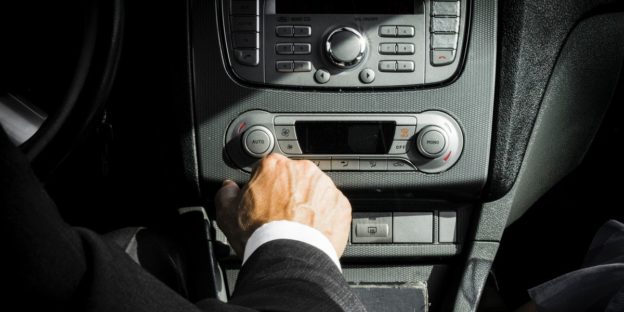Leasing a car might sound like a good idea, especially when comparing prices. Generally speaking, a leased vehicle has lower monthly payments than a new vehicle. Plus, you don’t have to worry about most repairs because they’ll be covered by the manufacturer’s bumper-to-bumper warranty. And when it comes time for a new vehicle, you can trade your lease in – no selling required – and move onto your next car.
But leasing is not for everyone. Below are four major pitfalls of leasing a vehicle that you’ll want to be aware of.
1. You’ll always have a car payment.
Most lease contracts are between two and three years. This means that every couple of years, you’ll have to trade in your lease and look for a new vehicle. On top of that, you’ll have a car payment until you buy a vehicle and pay it off.
While leased car payments are generally lower than financing a new car, you won’t save money over the long term because you’ll always be making payments. On the flip side, you can purchase a vehicle and get rid of the payments once you pay it off.
2. It’s hard to get out of a lease.
Leasing contracts are difficult to get out of. You’re usually stuck with the vehicle until you pay off everything you owe or wait until the end of the term. Ending your lease early often results in early termination fees.
If you buy your own vehicle, you can sell your car when you’re ready for something else. And you don’t have to pay any extra fees to the lender – all you have to do is pay off the loan amount from the sale.
3. There are mileage limits.
Leased cars usually have annual mileage limits of 10,000, 12,000 or 15,000 miles. This helps leasing companies prevent unnecessary wear and tear on their vehicles. If you drive more than this in a year, leasing probably isn’t for you. Otherwise, you’ll be responsible for paying extra mileage fees.
When you buy a vehicle, you don’t have to worry about any mile restrictions. You can drive where you want, when you want. Having high mileage will affect your resale value, but you don’t have to pay any more for it while you own the vehicle.
4. Fewer options for borrowers with poor credit.
If you have poor credit, you may not be eligible to lease a car. However, you have more options if you want to finance a vehicle, especially when you choose a repossessed vehicle. Repo sellers like banks and credit unions are highly motivated and usually able to negotiate a deal.
Additionally, because there are different lenders with varying credit types, you can find more options in terms of financing. While you can expect your payments to be higher than someone with good credit, you can at least get your payments to an affordable amount each month.
Shop for Repossessed Cars
These are just some of the reasons why leasing is not for everyone. It’s important to be informed, as this will help you make the best decision for your next car purchase. RepoFinder has a huge database of repossessed cars, trucks, luxury vehicles, SUVs and more. Browse our selection today and see how affordable a new vehicle can be!

